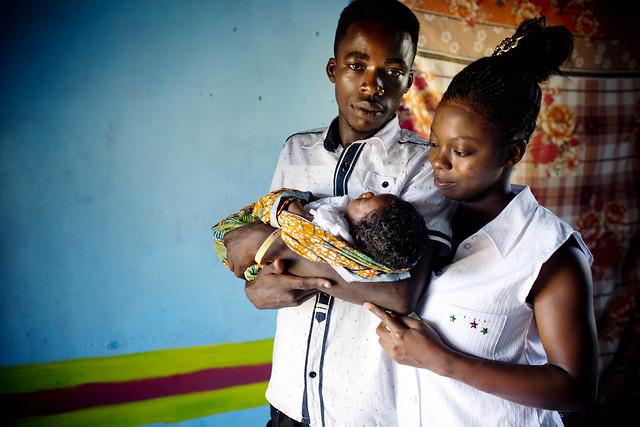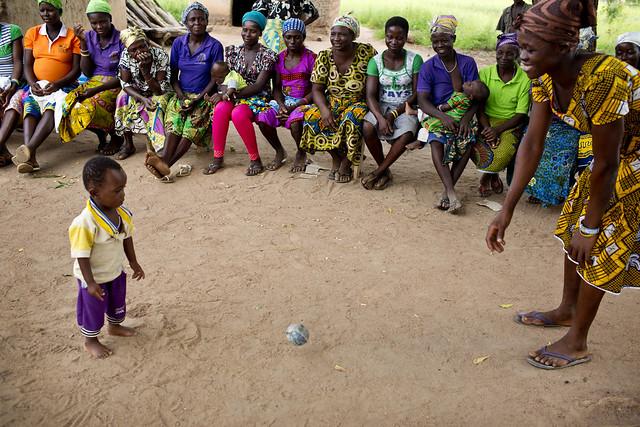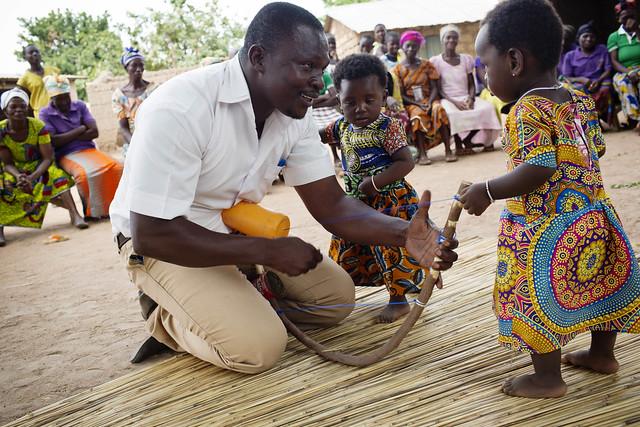The Kwame Nkruma University of Science and Technology (KNUST) completed six rounds of the PMA2020 family planning survey in Ghana between 2013 and 2017. In collaboration with Ariadne Lab at Brigham and Women’s Hospital and Harvard T.H. Chan School of Public Health, two rounds of the PMA Primary Health Care (PHC) survey were completed in 2016 and 2017 to measure general health seeking behaviors. A PMA Abortion survey was conducted in 2018 in collaboration with the Guttmacher Institute to measure abortion incidence.
View Survey Results Summary Meet Our Partners





